Civil Litigation Lawyer in Nowra
Serving Shoalhaven & The Illawarra
- No-Cost First Consultation
- 30+ Years Diverse Legal Experience
- Transparent Legal Advice
Request a Call Back
Thank you for contacting NH Legal.
We will get back to you as soon as possible.
Oops, there was an error sending your message.
Please try again later.
Nowra Civil Litigation Lawyer
At NH Legal in South Nowra, we manage civil disputes using a structured, court-compliant approach. Whether you are initiating proceedings or responding to them, we focus on reducing uncertainty through clear legal guidance. We act in matters before NCAT, the Administrative Appeals Tribunal, Fair Work Commission, and the Supreme Court of NSW. Our work includes assessing claims, preparing legal documents, and advising on procedural rules that must be followed. Each matter is evaluated before recommending whether litigation is necessary or whether alternative steps may be more appropriate.
We support clients in understanding their legal position, obligations, and potential outcomes from the beginning. We also ensure that timeframes are managed correctly, documents are filed accurately, and compliance is maintained throughout the process. By focusing on timelines, documentation, and evidentiary requirements, we help reduce unnecessary risk.
If you’re dealing with a legal dispute and need guidance grounded in law and process, call
0416 705 799 to arrange a consultation with a solicitor.
Managing Civil Disputes With Clarity
Our civil litigation services cover contract disputes, unpaid debts, administrative appeals, employment matters, and enforcement of rights or orders. Legal matters vary widely in complexity, and we assist with both straightforward and high-stakes claims. We prepare and review court documents, handle submissions, and appear on behalf of clients in hearings. Where necessary, we also apply for urgent relief, such as injunctions or compliance orders, to prevent loss or enforce obligations.
Not every dispute requires a courtroom outcome. We explore alternative dispute resolution where appropriate, aiming to resolve matters without unnecessary time or cost. Mediation or negotiation can often deliver a practical result while avoiding the burden of formal hearings. Regardless of the pathway chosen, we remain focused on accuracy, efficiency, and outcome clarity.
Each matter is managed according to the specific procedures of the tribunal or court involved. If you're involved in a civil dispute and need advice on how to proceed, give us a call to speak with a solicitor.
Frequently Asked Questions
What is civil litigation in Australia?
Civil litigation refers to legal disputes between individuals, businesses, or organisations that do not involve criminal charges. These matters are resolved through courts or tribunals and can include issues such as contract breaches, property disputes, employment disagreements, debt recovery, and negligence claims. The objective in civil litigation is typically compensation, enforcement of rights, or an order to do or stop doing something. The process involves filing an application or claim, exchanging evidence, and possibly attending mediation or a court hearing. Civil litigation is governed by procedural rules, which vary depending on the jurisdiction and the type of matter. Legal outcomes are usually based on the balance of probabilities, meaning the judge or tribunal member must be satisfied that one party’s version of events is more likely than not.
What are the steps in a civil litigation process?
The civil litigation process generally follows several key steps. It begins with the filing of an initiating application, such as a statement of claim or complaint, outlining the legal issue and the remedy sought. The defendant must respond within a set timeframe, usually by filing a defence. This is followed by the exchange of evidence, which may include written statements, expert reports, and supporting documents. Most courts and tribunals require parties to attempt dispute resolution—such as mediation—before a hearing is scheduled.
If the matter is not resolved, it proceeds to a hearing where both sides present their case. The court or tribunal then delivers a decision, which may include orders for payment, enforcement, or injunctive relief. After the hearing, either party may appeal the decision within limited grounds. Deadlines, rules of evidence, and procedural requirements apply throughout, and failure to comply can lead to dismissal or adverse cost orders.
How long does a civil litigation case take?
The length of a civil litigation case in Australia depends on the complexity of the matter, the jurisdiction, and whether the case settles early or proceeds to a full hearing. Straightforward matters, such as small claims or debt recovery cases, may be resolved within a few months if parties reach agreement or comply with procedural steps promptly. More complex cases—particularly those involving multiple parties, significant financial sums, or disputed facts—can take one to two years or longer to resolve. Delays often arise due to the time required for document disclosure, expert reports, court timetabling, and pre-trial procedures. The availability of the court or tribunal, as well as the conduct of the parties, also affects timing. Some disputes may resolve early through mediation or negotiation, which can significantly reduce the duration of the matter. Legal advice can help parties navigate these processes more efficiently and ensure compliance with all deadlines and procedural obligations.





